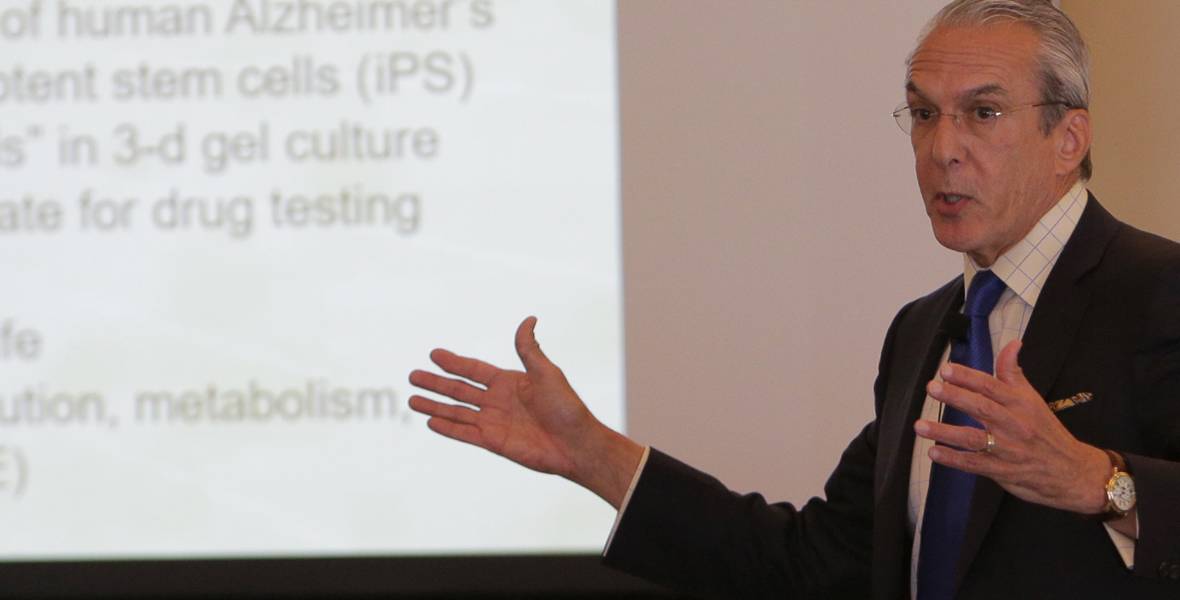The Science Behind Nexus
Academic research has validated that participants in Nexus at Silverado showed a statistically significant 60% improvement in cognition when compared to those without such treatment.
Mounting research is building an understanding that there may be ways to slow the progression and change the pathologies of many common dementias, giving families and their loved ones a chance to enjoy quality of life and the possibility of more precious, fulfilling moments together.
The Nexus Pillars
Nexus, from the Latin for “connections,” is comprised of five pillars of activities in which Memory Care residents and Flex Care guests will participate. The program consists of 20 hours per-week of specialized programming along with individualized assessments and tracking that is provided to families quarterly.
Learn more:

Physical Exercise
Many studies have linked increased blood flow to the brain from cardiovascular activity to improved cognitive function.
Stress Reduction
Methods such as guided meditation, Yoga, Tai-chi and more have been shown to provide benefits such as improved activity in the hippocampus.
Cognitive Exercise
Through specially-developed cognitive exercises, residents receive tools for maintaining intellect and language skills.
Purposeful Social Activities
A strong social network involving purpose-oriented activities has been found to protect against cognitive decline.
Support Groups
Providing an open, compassionate forum for residents and families to discuss care and the challenges has shown to improve quality of life.
The Experts Speak
How Purposeful Social Activities Help those Living with Dementia
Watch Silverado Medical Director John A. Bertelson, MD, explain how social activity and strong social connections can change how dementia affects the brain
The Beneficial Effects of Exercise on the Brain
Watch Richard London, MD explain how exercise may be far more beneficial for the brain than previously believed.
How Cognitive Exercises can Help Individuals with Dementia
Watch Silverado Medical Director Ricardo G. Senno, MD, MS, FAAPMR, explain how certain activities can reinforce cognitive abilities and may help resist some dementia symptoms.
How the Technology of Specialized Digital Programs Fits with Nexus
See Senior Vice President, Clinical Services Kim Butrum, MS, RN, GNP, explain how using technology can help brain processing speed and auditory response in those living with dementia.
How Reducing Stress can Help Keep Dementia Symptoms at Bay
Watch Silverado Medical Director Hicham Siouty, MD, discuss types of stress reduction exercises, how they are used and how they benefit Nexus participants.



